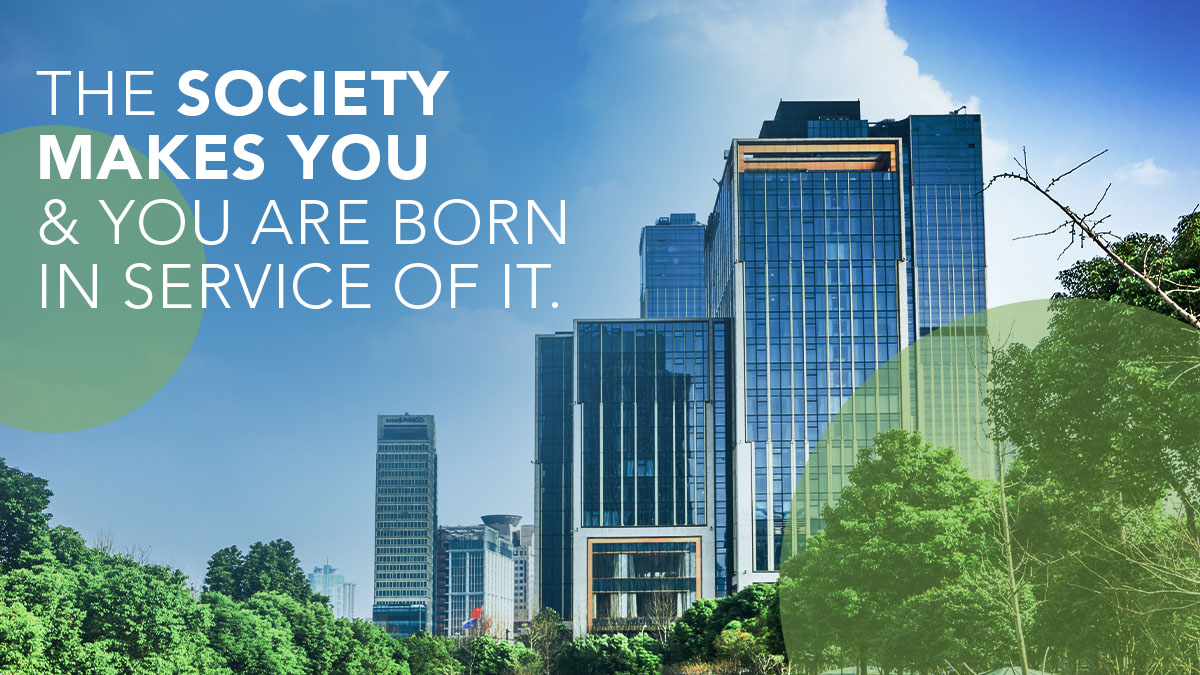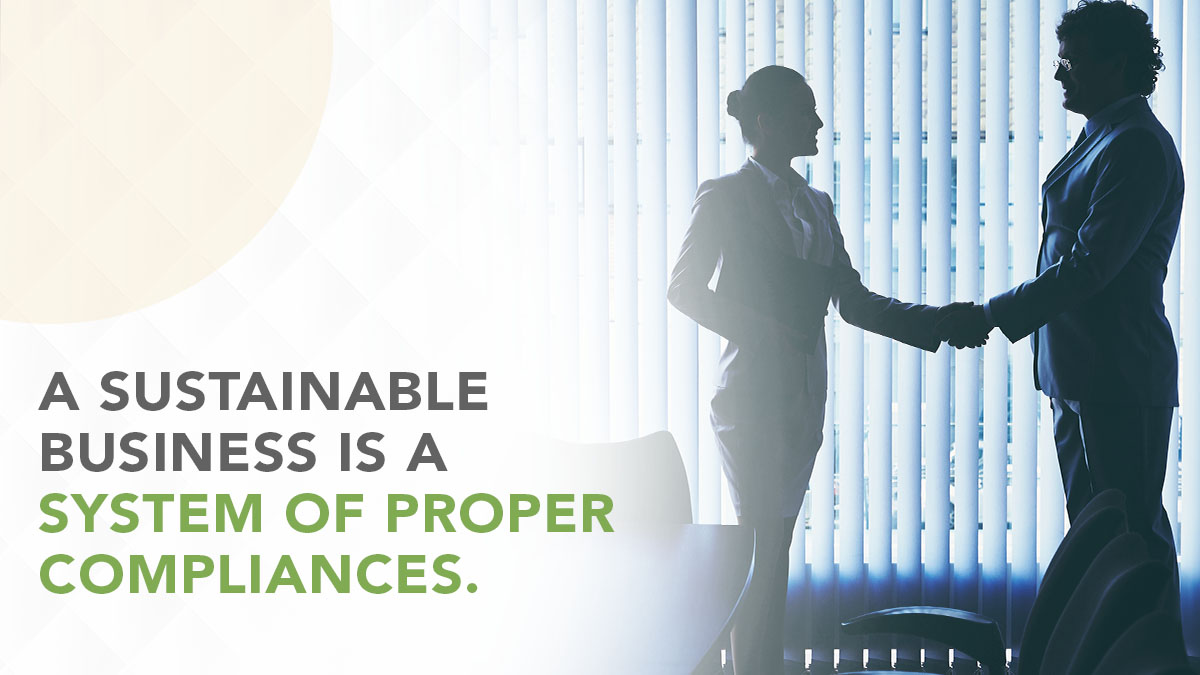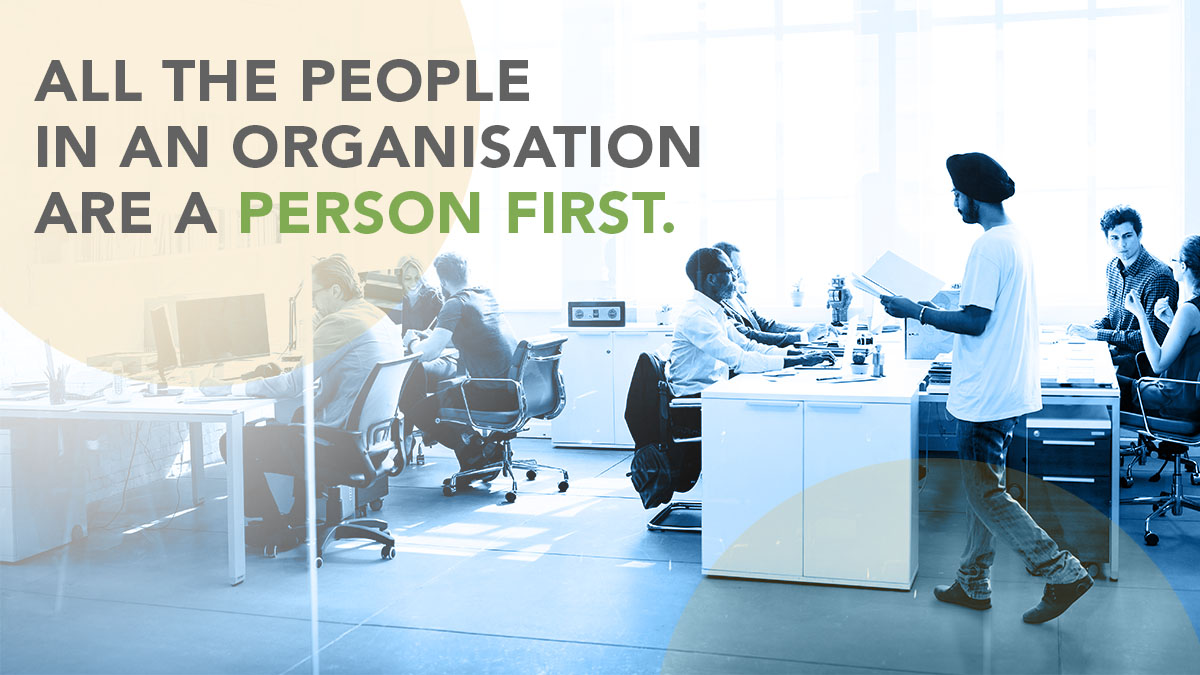The three pillars of sustainability are well known & have recently gained a lot of popularity in the recent trend talks. The three pillars of Sustainability has been a benchmark theory that entails a more futuristic way of life & work. The Sustainability pillars, namely, Environment, Social & Governance, each hold their own intrinsic value that advises a holistic frame of development. In addition to the popular ESG norms, we propose a slightly detailed framework of three ESG pillars Plus One.
Why is it important to talk about ESG Plus One?
Many businesses & corporations are turning into ‘sustainable businesses’. Now what does that mean? It means how sustainable an outlook they have been able to maintain within their footprint on the planet, social equity & compliance assurances. Within the variety of intentions (profit-making, ESG clearances, consumer outreach etc.), often the core of the essence from which the idea of the spread started, becomes blurred. A company is made of the people, by the people & if for the people, just like democracy. It should be treated that way. Governed by the social norms of ESG compliance & so much community-based work, we often forget to cater to ourselves, our work-force & we forget the intent for the people that make up a successful company. There is more to be upholded than social norms, gender equity, fair wages & other requisites.
Driving awareness of sorts, capacity building, workshops & seminars of self-development & other mechanisms of driving human-centric behaviour in the workforce is what we will talk about today. But first let us understand what are the original three pillars of sustainability.
The Three Pillars Of Sustainability
Environmental
Environmental impact is one of the must criterias to analyse if a business is sustainable, has a hold on their GHG emissions (including all units, vendors, operations etc.) & do you have your numbers?
Basically a determinant of how your business impacts the environment & what are you doing about managing & tackling them. This covers all of the spread of the business including the manufacturing of the product, supply chains & operations. Environment clauses like reduction in energy consumption, a positive movement towards a company aiming net-zero emissions, selling carbon credits, switching to eco-friendly manufacturing units, encouraging reuse, reduce & recycle etc. helps a company become sustainable & get good numbers in their ESG Reporting.
Social
An organisation works properly in a profit-centric growth trajectory when the workforce of the company is motivated and is catered to. How a business ranks in the social segment is very important to comprehend & aspire for. The people make up an organisation & we must always stick to the idea of a community-centric growth.
What are the metrics of social equity in the workforce, how much contribution does the company render to community causes, does the company have any CSR persona, how much investment is rendered in making a workspace safe & hygienic for its people, fair wages, gender equality etc.; there are so many clauses that fall under the social segment of the ESG framework.
In addition to these, you have also to think of a consumer-centric approach in the social segment of your business model- you must protect your customer’s data, you have to ensure safety of your workforce, maintain excellent relations with your vendors & manufacturers etc. All in all a complete attention to the social compliance is a major responsibility of a profit-making corporation or for that matter, companies of any kind. Remember, offices are where people work, your product is also for the people & your company is created by people & partners.
Governance
A company needs to function with various stakeholders and it is important that all requisite compliances are met to ensure efficient task management & cordial relations.
Governance all in all refers to the everyday & milestone decision-making of a company, adequate reporting & transparency in the logistics of the business. The business’s work ethics are commanded by governance compliances. Governance aspect is directly linked with the environmental & social aspects of ESGs because a company must directly comply with the national & international norms of sustaining a business.
The transparency of the business with stakeholders about activities & national & international bodies is a must for every company. Accurate Reporting on financial performance, business strategy & operations, ensuring accountability in top rungs of business hierarchy & partnerships, investing & inculcating a culture of basic compliance & ensuring diversity are some factors that are governed by the governance bit of the sustainability business growth. Engaging in clean governance ensures better investment spaces for the investors, so it’s a win win for all.
Three Pillars of Sustainability, Plus One
Human
The Human angle, we feel, must be differentiated from the Social angle because of the hefty load that the particular segment carries. Like we discussed above in the social category, there are so many community based requisites & investments that a company follows that the human centric notion of the businesses becomes robotic after a point.
Our CEO, Rajeev Sinha suggests that a clear intent should be decided upon for the people of the organisation irrespective of their hierarchies.
How the human capital works & how humans remain motivated is subject to their workspace efficiencies that cater to their inspirations. Every leader in their business invests in getting aware of their work-force and making sure that they know their people & their requirements. This enables us to create a human-centric growth approach of the organisations & tightens the people together as family. This also enables better partnerships & more transparency at work.






